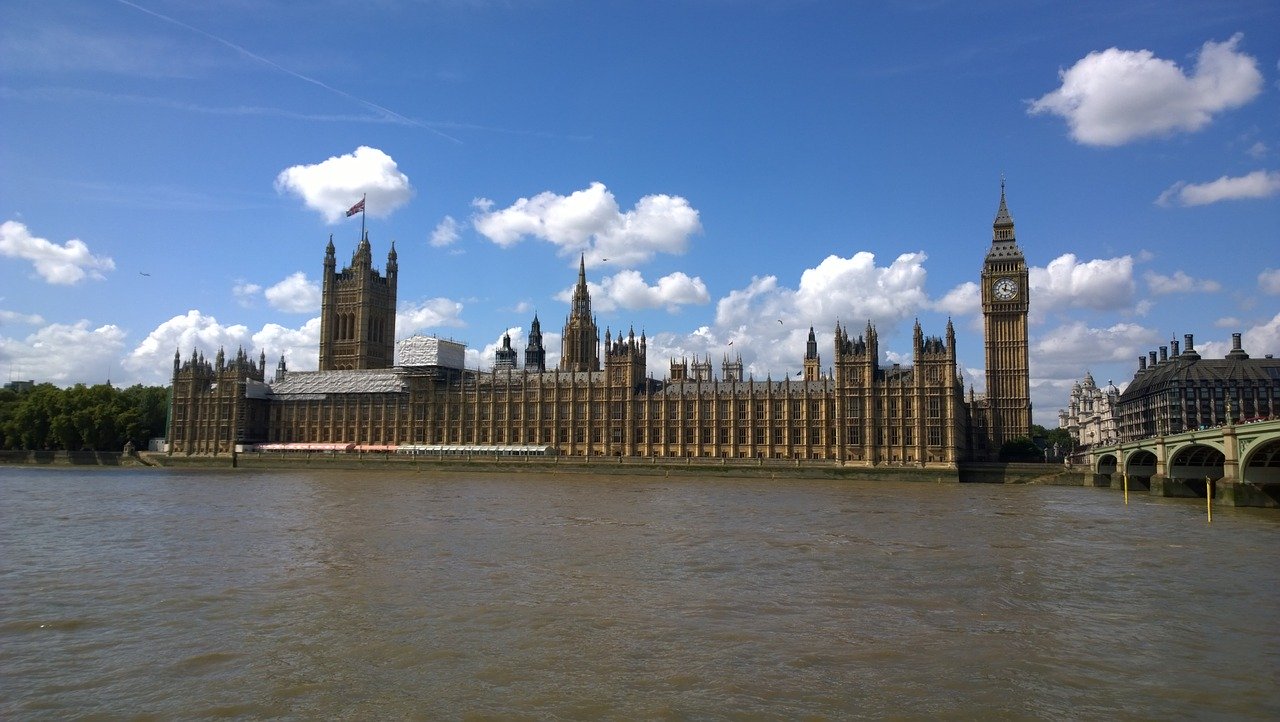UK Government borrowing reaches highest January level on record
UK Government borrowing hit £8.8 billion in January making it the highest January figure since record began in 1993, according to new figures from the Office for National Statistics (ONS).

It was the first time in a decade that more has been borrowed in January than collected through tax and other income.
Central government tax receipts are estimated to have been £63.2bn in January 2021, £0.8bn lower than in January 2020, with notable falls in taxes on production such as Value Added Tax (VAT) and Business Rates.
Self-assessed Income Tax receipts were £16.8bn in January 2021, £1.4bn more than in January 2020; in the light of the government’s tax deferral policy, it is advisable to look at combined self-assessed Income Tax receipts across the whole financial year when drawing conclusions from year-on-year comparisons.
Central government bodies are estimated to have spent £81.9bn on day-to-day activities (current expenditure) in January 2021, £19.7bn more than in January 2020; this includes £5.1bn expenditure on coronavirus job support schemes.
Public sector net borrowing in the first 10 months of this financial year (April 2020 to January 2021) is estimated to have been £270.6bn, £222.0bn more than in the same period last year and the highest public sector borrowing in any April to January period since records began in 1993.
Economic forecaster the EY ITEM Club had been expecting the budget deficit to come in around £420bn (19.9% of GDP). However, the downward revisions to earlier shortfalls this year and January’s smaller-than-expected deficit means it is now possible that PSNBex could come in just below £400bn.
Howard Archer, chief economic advisor to the EY ITEM Club, said: “The Government’s measures to support businesses and jobs affected by COVID-19 resulted in reduced receipts and substantially increased public spending. Meanwhile, significant COVID-19-related restrictions on activity during the fiscal year as well as the lockdown in January limited tax receipts.
“Should the pattern of the first 10 months of fiscal year 2020/21 continue, the budget deficit (PSNBex) would come in around £318bn. However, it looks likely to come in much higher than this with the furlough scheme now being extended until April and a series of other supportive fiscal measures announced for the economy recently.
“Additionally, the economy looks set to contract clearly in the first quarter of 2021 which will affect receipts.”










